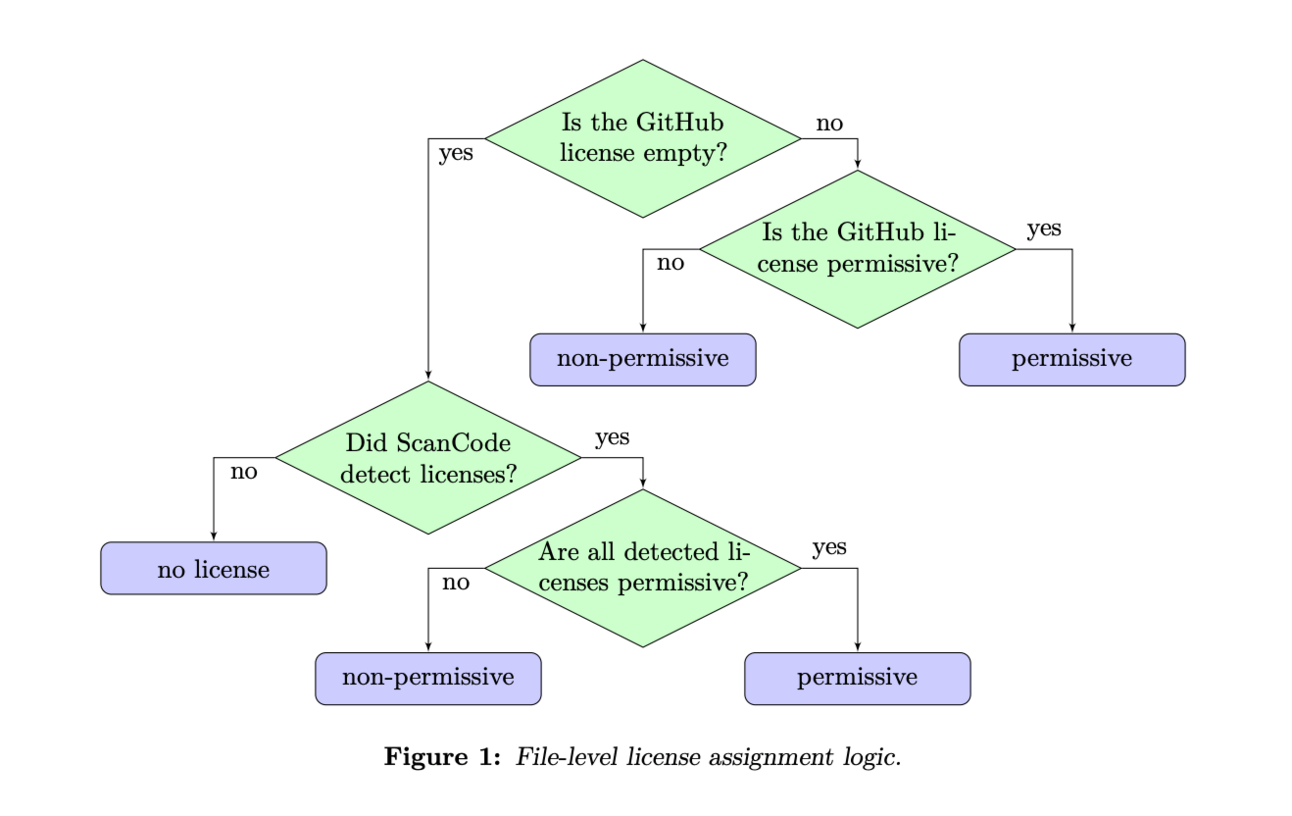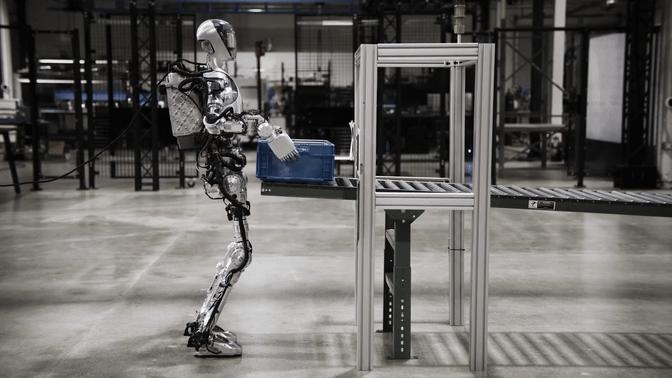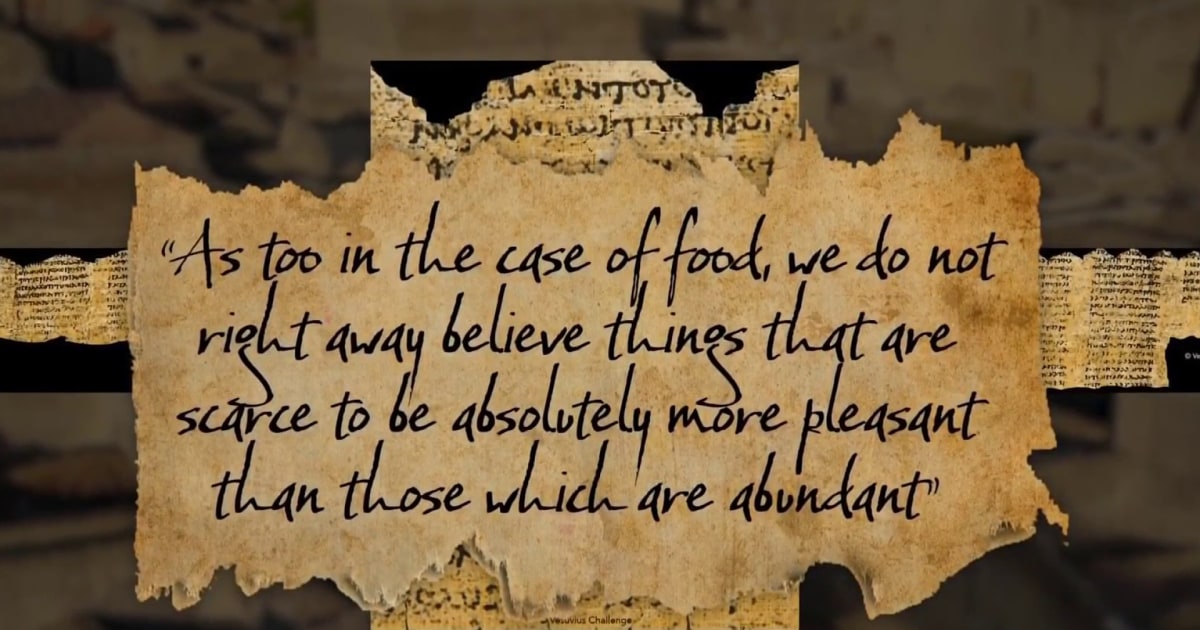- AIdeations
- Posts
- 🚀AI's Latest: Musk vs. OpenAI, Workforce Evolution & Breakthroughs in Cancer Research!
🚀AI's Latest: Musk vs. OpenAI, Workforce Evolution & Breakthroughs in Cancer Research!
Unveiling the Latest in AI: Legal Battles, Workforce Dynamics, Medical Marvels, and Creative Frontiers


TL;DR 📌:
Musk's Crusade Against OpenAI: Elon Musk files a lawsuit against OpenAI, alleging a departure from its altruistic roots towards profit, signaling a pivotal moment for AI's ethical development.
AI: The Corporate Game-Changer: Termed as 'corporate Ozempic,' AI's silent revolution in the workforce hints at a future where efficiency reigns, thanks to tech like Alibaba's EMO transforming operations and creativity.
A Leap in Cancer Treatment: AI reveals prostate cancer's dual nature, offering hope for personalized treatments and marking a significant stride towards precision medicine.
Alibaba's EMO Elevates Video Creation: With abilities to animate images with emotions and singing, EMO sets a new standard in AI-driven entertainment, challenging current technologies.
From Ancient Scrolls to Universal Music Concerns: AI's versatility shines, from deciphering ancient texts to sparking debates in the music industry, highlighting its transformative power across sectors.
Research Highlight - StarCoder 2 and The Stack v2: These advancements in code generation LLMs promise to revolutionize how developers interact with code, emphasizing the importance of collaboration in AI progress.
Insights and Innovations: With tools like Adsgency and Velvet, AI continues to redefine productivity and creativity, offering solutions that streamline operations and inspire new ways of thinking.
Stay ahead of the curve with Aideations, where AI's latest breakthroughs, challenges, and innovations come to light, shaping the future of industries and everyday life. Be part of the conversation that defines tomorrow.
Elon Musk Initiates Legal Battle Against OpenAI for Alleged Mission Deviation

Quick Bytes: Elon Musk has launched a lawsuit against OpenAI and CEO Sam Altman, accusing them of straying from the company's altruistic foundation in favor of profit maximization. Filed in San Francisco, the lawsuit highlights a deepening rift within the AI community, emphasizing Musk's concerns over OpenAI's partnership with Microsoft and the potential monopolization of AI technology. This legal challenge seeks to redirect OpenAI's trajectory back to its original, open-source ethos and ensure its advancements serve humanity at large.
Key Takeaways:
Musk vs. OpenAI: Elon Musk, a founding figure of OpenAI, is suing the company and its CEO, alleging a betrayal of the foundational promise to prioritize humanity's benefit over profit.
Partnership with Microsoft: Musk criticizes OpenAI's close relationship with Microsoft, claiming it contradicts the organization's initial commitment to open-source AI development.
Shift to For-Profit: The transition of OpenAI from a nonprofit to a for-profit entity, largely backed by Microsoft, is a central point of contention, with Musk stepping back from active involvement as disagreements emerged.
Legal Demands: The lawsuit calls for OpenAI to make all its research publicly available and demands the relinquishment of profits gained through what Musk views as unlawful practices.
AGI Concerns: Musk raises alarms over OpenAI and Microsoft's advancements towards artificial general intelligence (AGI), fearing the monopolization and misuse of AI could be detrimental to humanity.
The Big Picture: Elon Musk's lawsuit against OpenAI underscores a growing debate within the tech world about the direction and governance of AI development. At the heart of this legal action is a struggle over the ethos of AI research—whether such powerful technology should be developed within the confines of profit-driven corporations or guided by principles of openness and broad societal benefit. As the case unfolds, it will not only shape the future of OpenAI but also set important precedents for the AI industry at large, emphasizing the need for ethical frameworks and governance models that align with the original vision of AI as a tool for universal good.

AI as 'Corporate Ozempic': Reshaping the Workforce Landscape

Quick Bytes: Marketing expert Scott Galloway has stirred the tech community with his analogy of AI being the 'corporate Ozempic,' suggesting artificial intelligence is streamlining company operations much like the weight loss drug reduces cravings. Amidst a wave of layoffs across big tech firms, including Meta, Apple, and Salesforce, Galloway proposes that AI's role in these workforce reductions is more significant than publicly acknowledged. While tech giants continue to post record profits, the juxtaposition of layoffs hints at a strategic embrace of AI to optimize productivity and minimize operational costs, a trend that could redefine the future workplace.
Key Takeaways
AI's Understated Impact: Galloway suggests a growing trend among tech companies to replace human roles with AI, a move not openly admitted by corporate leaders.
Tech Layoffs Spotlight: Recent layoffs across major tech companies contrast with their stellar financial performance, indicating a shift towards operational efficiency driven by AI.
Corporate Denials: Despite public denials from companies like Alphabet, Galloway believes AI's role in workforce adjustments is an open secret akin to the use of weight-loss drugs.
Augmenting Work with AI: Beyond job eliminations, AI is poised to augment employee tasks, enabling a leaner, more productive workforce.
Future Workplace Dynamics: As AI integration becomes more commonplace, Galloway predicts a shift in narrative, with companies becoming more transparent about leveraging AI for operational benefits.
The Big Picture: Scott Galloway's comparison of AI to 'corporate Ozempic' sheds light on the silent revolution unfolding within the tech industry and beyond. As AI technologies mature, their integration into corporate strategies is not just about reducing headcount but enhancing efficiency and fostering innovation. The conversation around AI and employment is complex, balancing between the displacement of traditional roles and the creation of new opportunities. As this trend accelerates, the dialogue will likely evolve, focusing on how AI can complement human skills and contribute to a more dynamic, adaptive workforce. The challenge for companies will be navigating this transition ethically, ensuring that the benefits of AI are equitably distributed and that employees are supported through the changes.

AI Unveils Dual Nature of Prostate Cancer: A Leap Towards Personalized Treatment
Quick Bytes: Artificial Intelligence has played a pivotal role in a groundbreaking discovery in prostate cancer research, revealing that the disease is not uniform but comprises two distinct types. This revelation, stemming from a collaborative study by the University of Oxford and the University of Manchester, could significantly alter the approach to treatment and diagnosis. Utilizing AI to analyze whole genome sequencing data from 159 patients, researchers have identified two unique "evotypes" of prostate cancer, marking a significant stride towards personalized medicine and potentially sparing patients from the adverse effects of unnecessary treatments.
Key Takeaways
Revolutionary Discovery: AI analysis has led to the identification of two distinct types of prostate cancer, challenging the previously held notion of the disease as a single entity.
Innovative Research Methodology: The study employed AI to scrutinize DNA changes in prostate cancer samples, a process facilitated by whole genome sequencing.
Identification of Evotypes: The distinct cancer groups, or "evotypes," suggest different evolutionary paths of tumor development, providing new insights into prostate cancer's complexity.
Implications for Treatment: This discovery paves the way for more accurate diagnoses and the development of tailored treatments, potentially reducing the risk of side effects associated with current prostate cancer therapies.
Broader Research Impact: Beyond prostate cancer, the findings could inspire similar AI-driven research efforts across other cancer types, enhancing our understanding and management of various malignancies.
The Big Picture: The utilization of AI in uncovering the dual nature of prostate cancer represents a transformative moment in oncology research. By distinguishing between the two evotypes of the disease, scientists are now equipped with the knowledge to refine diagnostic techniques and customize treatments, aligning with the principles of precision medicine. This advancement not only holds the promise of improving patient outcomes and quality of life but also exemplifies the potential of AI as a tool for monumental discoveries in healthcare. As we move forward, the integration of AI in medical research is expected to unveil further complexities within diseases, ushering in an era of more effective and personalized treatment strategies.

Alibaba's EMO AI Takes Video Generation to New Heights with Singing and Emotion

Quick Bytes: Alibaba has introduced EMO, an AI video generator capable of animating still images into dynamic, emotive characters, challenging OpenAI's Sora with its advanced capabilities. Showcased through a demo where the AI-generated "Sora lady" performs a Dua Lipa hit, EMO demonstrates its prowess in creating lifelike, singing digital personas. Developed by Alibaba's Institute for Intelligent Computing, EMO stands out for its ability to convey complex emotions and actions, marking a significant leap forward in AI-driven video creation.
Key Takeaways
Innovative AI Video Generator: EMO, Alibaba's latest AI creation, excels in transforming static images into expressive, animated figures, capable of singing and acting.
Comparison with OpenAI's Sora: By showcasing EMO's ability to animate the iconic Sora lady, Alibaba positions its AI as a formidable competitor to OpenAI's Sora, emphasizing EMO's superior emotive expression.
Emotionally Expressive Characters: Beyond mere lip-syncing, EMO animates entire faces, capturing nuanced emotional expressions that align with the accompanying audio, from songs to spoken words.
Advancement Over Existing Technologies: EMO's capabilities render previous facial animation applications, such as NVIDIA's Audio2Face, outdated, showcasing a more sophisticated approach to generating photorealistic, emotionally resonant videos.
Showcasing Potential Applications: Through demos that include a singing Sora lady and an animated Audrey Hepburn speaking modern dialogue, Alibaba illustrates EMO's wide range of creative possibilities.
The Big Picture: EMO represents a groundbreaking development in the field of AI video generation, pushing the boundaries of what's possible in creating digital characters that not only move but also express complex emotions and perform actions like singing. Alibaba's EMO underscores the rapid advancements in AI technology, offering glimpses into a future where digital content can be more engaging, lifelike, and emotionally compelling. As AI video generators like EMO evolve, the potential for innovative applications in entertainment, education, and beyond continues to expand, heralding a new era of digital storytelling and content creation.




Authors: Anton Lozhkov, Raymond Li, Loubna Ben Allal, Federico Cassano, Joel Lamy-Poirier, Nouamane Tazi, Ao Tang, Dmytro Pykhtar, Jiawei Liu, Yuxiang Wei, Tianyang Liu, Max Tian, Denis Kocetkov, Arthur Zucker, Younes Belkada, Zijian Wang, Qian Liu, Dmitry Abulkhanov, Indraneil Paul, Zhuang Li, Wen-Ding Li, Megan Risdal, Jia Li, Jian Zhu, Terry Yue Zhuo, Evgenii Zheltonozhskii, Nii Osae Osae Dade, Wenhao Yu, Lucas Krauß, Naman Jain, Yixuan Su, Xuanli He, Manan Dey, Edoardo Abati, Yekun Chai, Niklas Muennighoff, Xiangru Tang, Muhtasham Oblokulov, Christopher Akiki, Marc Marone, Chenghao Mou, Mayank Mishra, Alex Gu, Binyuan Hui, Tri Dao, Armel Zebaze, Olivier Dehaene, Nicolas Patry, Canwen Xu, Julian McAuley, Han Hu, Torsten Scholak, Sebastien Paquet, Jennifer Robinson, Carolyn Jane Anderson, Nicolas Chapados, Mostofa Patwary, Nima Tajbakhsh, Yacine Jernite, Carlos Muñoz Ferrandis, Lingming Zhang, Sean Hughes, Thomas Wolf, Arjun Guha, Leandro von Werra, Harm de Vries
Executive Summary:
StarCoder 2 and The Stack v2 represent advancements in Large Language Models (LLMs) for code, developed by the BigCode project. By partnering with Software Heritage, they've created a training set 4x larger than its predecessor, spanning 619 programming languages. The models, with 3B, 7B, and 15B parameters, demonstrate superior performance across various benchmarks, even outperforming models twice their size in certain scenarios. This research highlights the potential for open-scientific collaboration in developing more efficient and capable code LLMs.
Pros:
1. Utilizes a diverse and extensive dataset, including 619 programming languages.
2. Outperforms existing models in many benchmarks, offering advancements in code LLMs.
3. Promotes transparency and openness in LLM development.
Limitations:
1. Certain models (e.g., the 7B parameter model) underperformed compared to their counterparts, indicating room for optimization.
2. The reliance on a vast amount of data may present scalability and environmental concerns.
Use Cases:
1. Enhancing developer tools for code generation and analysis.
2. Automating coding tasks across a wide range of programming languages.
3. Facilitating research into the capabilities and limitations of code LLMs.
Why You Should Care:
The development of StarCoder 2 and The Stack v2 showcases the significant potential of collaborative efforts in advancing the field of code LLMs. These models not only push the boundaries of what's possible in code generation and analysis but also set a precedent for openness and transparency in AI research.


Adsgency - 10x your Advertising Performance. Input your company website and brand description and choose the content type you want to optimize.
Velvet - Query data and collaborate on real-time product features. Unify all your data into one interoperable platform.
Freepik Pikaso - Create and edit images in real-time through the power of simple drawing.
Blobr - Ensure you always have the business insights you need at your fingertips. Blobr AI assistant integrates seamlessly with your existing tools, delivering actionable insights up to 100 times faster.
Openmart - Sales teams no longer need to spend days manually researching and qualifying leads across multiple platforms. Openmart's AI agent automates sales research, helping you quickly find and filter high-compatible leads based on your self-defined data enrichments.
Flipner - Pocket-sized writing assistant. Content hub. Creation of masterful texts faster than ever. In your style.

Magic Monopoly Maker:
I need you to suggest "personal monopolies" for me based on my situation.
A personal monopoly is something that:
1) I am uniquely good at
2) Nobody else is doing
3) The market has demand for
4 ways to create a personal monopoly or are:
1) Solving a new problem no one else is solving
2) Solving an existing problem for an ultra-specific target customer
3) Solving an existing problem with a unique mechanism
4) Solving an existing problem because of a unique motivation
For context, [INSERT CONTEXT]
Now, based on my context, come up with 10 ideas for personal monopolies for me, and for each add one sentence explaining why you see this as an opportunity.
Imagine giving everyone on the planet a highly capable assistant that really *knew* them.
Memory will be a 100x unlock for AI.
— Mckay Wrigley (@mckaywrigley)
7:24 PM • Feb 28, 2024



